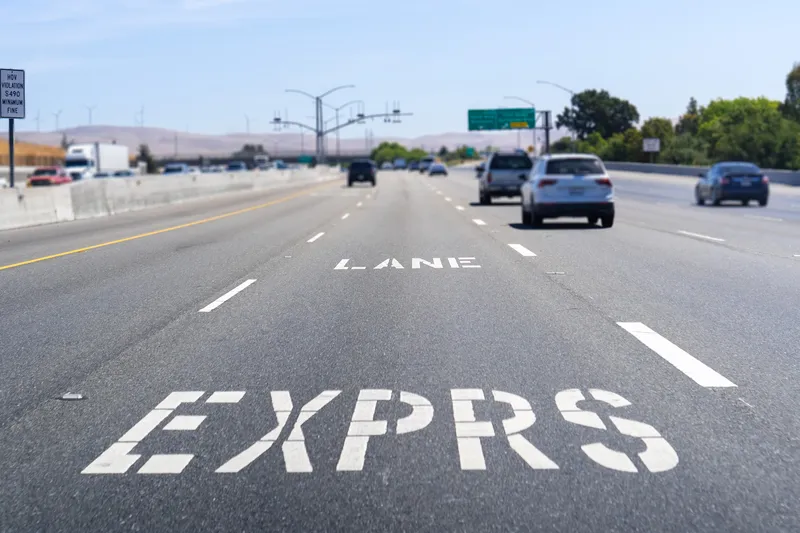A collaboration between Highways England (formerly Highways Agency) and the Rijkswaterstaat (RWS) to develop an integrated advanced traffic management system (ATMS) for the UK and Dutch highways is in the process of finalising the software platform requirements.
The Common Highways Agency Rijkswaterstaat Model (CHARM) program aims to move towards an open, modular ATMS architecture that is integrated, flexible and scalable. Highways England and RWS have collaborated in order to develop requirements for a
August 20, 2015
Read time: 2 mins
A collaboration between 8101 Highways England (formerly 503 Highways Agency) and the 4767 Rijkswaterstaat (RWS) to develop an integrated advanced traffic management system (ATMS) for the UK and Dutch highways is in the process of finalising the software platform requirements.
The Common Highways Agency Rijkswaterstaat Model (CHARM) program aims to move towards an open, modular ATMS architecture that is integrated, flexible and scalable. Highways England and RWS have collaborated in order to develop requirements for a new generation of traffic management systems that will be jointly procured to support the operational processes of traffic management centres.
Austrian company Kapsch TrafficCom has been awarded a contract by the Rijkswaterstaat and has been advised of Highways England’s intention to award a contract to supply its advanced traffic management system DYNAC as part of the CHARM collaborative program.
In a contract valued at around US$66.7 million, Kapsch will deliver and install DYNAC in two traffic management centres, one in England and one in the Netherlands, with the instalment set to be completed within 26 months of the start date. Following implementation in the first traffic management centres, DYNAC will be installed by a third party in all remaining traffic management centres. The contract also includes provision of maintenance support services for a period of up to 13 years.
The proposed modular architecture would allow Highways England and Rijkswaterstaat to improve operational efficiency by using contemporary traffic management systems to cater for developments in traffic management within the agencies. It is expected that the majority of the existing applications will be replaced.
The CHARM programme plans deliver the first traffic management centres in 2016 and to complete the implementations in 2018.
The Common Highways Agency Rijkswaterstaat Model (CHARM) program aims to move towards an open, modular ATMS architecture that is integrated, flexible and scalable. Highways England and RWS have collaborated in order to develop requirements for a new generation of traffic management systems that will be jointly procured to support the operational processes of traffic management centres.
Austrian company Kapsch TrafficCom has been awarded a contract by the Rijkswaterstaat and has been advised of Highways England’s intention to award a contract to supply its advanced traffic management system DYNAC as part of the CHARM collaborative program.
In a contract valued at around US$66.7 million, Kapsch will deliver and install DYNAC in two traffic management centres, one in England and one in the Netherlands, with the instalment set to be completed within 26 months of the start date. Following implementation in the first traffic management centres, DYNAC will be installed by a third party in all remaining traffic management centres. The contract also includes provision of maintenance support services for a period of up to 13 years.
The proposed modular architecture would allow Highways England and Rijkswaterstaat to improve operational efficiency by using contemporary traffic management systems to cater for developments in traffic management within the agencies. It is expected that the majority of the existing applications will be replaced.
The CHARM programme plans deliver the first traffic management centres in 2016 and to complete the implementations in 2018.








